Division of Lifelong Learning Infrastructure Management/ Educational Practices and Policies
Course Description
Division of Educational Practices and Policies
The Division of Educational Practices and Policies focuses on attempts to more deeply understand the essence of education through the relation between “actual places of education” and “systems and policies”. While other divisions stress the individual methods of social and natural sciences, we aim for a more realistic approach.
By “actual places of education”, we mean for example:
(1) educational practices conducted at primary, junior and senior high schools;
(2) cultural and social education activities in local communities, at community centers, libraries,museums, culture halls and other facilities;
(3) the education law and educational system;
(4) administrative and fiscal policies of the education boards and Ministry of Education, Culture, Sports,Science and Technology;
(5) practice and places of voluntary and mutual learning by citizens within the community;
(6) educational businesses in lifelong education and vocational training, remote education by the private sector;
(7) indeterminate educational effects of the information environment presented by the media and the Internet.
The curriculum consists of the four subjects – “Administrative and Fiscal Studies in Education,” “School Education,” “Study of Adult and Community
Education,” “Library and Information Studies”.
In the basic seminar we emphasize hands-on experience and conduct visits, practical training, observation and research on a daily basis. We also
create opportunities to hear people in education and administration talk about their experiences.
Another feature of this Division is that we offer subjects linked to qualifications for curators, librarians and adult and community education organizers.
Graduates choose careers mainly in the fields of education, public service, private companies and graduate schools. Many of our graduates hope to work as public employees of central ministries, and in prefectural or city offices.
Also, as the upper-right figure suggests, the course is offered by teachers of two courses, namely “Division of Lifelong Learning Infrastructure Management” and “Department of Excellence of School Education”. Those going on to graduate schools mainly choose these courses.
Division of Lifelong Learning Infrastructure Management
We reexamine the diverse activities conducted by people after they leave school or outside school from the standpoints of learning and education; and we study the organizations, systems, environment and technology that support lifelong learning.
The division consists of two laboratories: “Adult and Community Education Study,” which also focuses on lifelong learning; and “Library and Information Studies”. The two collaborate in conducting theoretical, basic and practical studies such as the practice and service activities of education and learning in a broad sense, including NPO, NGO and community activities; platform and formation of information media as an environment that includes not only libraries but also the Web and the media; and the technology that supports them, such as information retrieval and linguistic information processing.
Staff
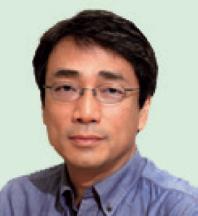
Atsushi MAKINO
Professor (Theory of Lifelong Learning)
“Considering Human Beings and Society through Education and Learning”
I am interested in considering the state of society and what we can do to help people live happily through the various phenomena that appear in the process of people’s lives and growth. The ambiguity of social education and lifelong learning, which are ambiguous disciplines because they focus on ambiguous people and society, is appealing. From there, the field can expand infinitely to include the social meaning of children’s growth, learning in an aging society with low fertility, community education in East Asia, and community development.
Publications
- Development and Self as Fiction: Reconsidering the Concepts that enable Education (Tokyo, University of Tokyo Press, 2021)
- Reshaping the Practices of Kominkan: Discussions on the Community Learning Center in Japan [The Making our ‘Societies’, 2] (Tokyo, University of Tokyo Press, 2019)
- Reshaping the History of Kominkan: Discussions on the Community Learning Center in Japan [The Making our ‘Societies’, 1] (Tokyo, University of Tokyo Press, 2018)
- Learning: The Movement to Create Community and Strengthen Society (Tokyo, University of Tokyo Press, 2018)
- Learning as Creating the Place to Live in: Theory and Practice for Revitalizing Local Community through Lifelong Learning (Tokyo, University of Tokyo Press, 2014)
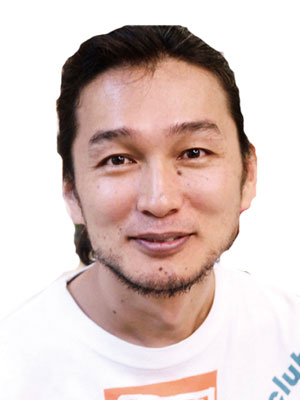
Kyo KAGEURA
Professor (Library and Information Science)
Theoretically, I am interested in characterising the structure of information media and language from a unified point of view, and clarifying the relationships between information media and language with a high degree of granularity, in order to reveal points of intervention in the actual information circulation/distribution process. Social institutions such as libraries or schools are taken into account as practical points of social intervention.
Within this overall framework, I am carrying out research in modelling the structure, distribution and arrangements of language expressions and media, developing a translation education aid system, critically examining illogical socio-political discourse, and developing a system for automatic crawling of bilingual terminologies.
Publications
- Conditions for Credibility (Tokyo: Iwanami, 2013)
- The Quantitative Analysis of the Dynamics and Structure of Terminologies (Amsterdam: John Benjamins, 2012)
- Examining the Post-3.11 Discourse on Radiation (Tokyo: Gendaikikakushitsu, 2011)
- The Dynamics of Terminology (Amsterdam: John Benjamins, 2002)
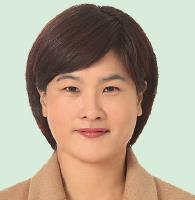
Jeongyun LEE
Professor (Social Education)
What is Social Education? Including researchers, I think nobody can answer immediately this question. The contents, methods, objects and places of the social education are also very diverse and wide. How long have we used the term “Social Education”? Including the origins of social education, I study the establishment and development of social education in the modern period. Recently, I have become interested in the social education policies, educational welfare, and grassroots education movement in Japan and Korea.
Publications
- “Social Education and Lifelong Learning in Japan” (co-edited and written, University Education Press, 2013)
- “Social Education, Social Work and Community Development”(co-written, University Education Press, 2015)
- “Co-existence and Exchange between Japan and Korea that Transcend Nationalism – The perspective of Korean researchers working in Japan”(co-edited and written, Akaishi Shoten, 2016)
- “Dynamic Social Education and Lifelong Learning in South Korea: Citizens, Communities, and Learning”(co-edited and written, Eidell Institute, 2017)
- “How School Non-attendees Studied in Colonial Korea – On the Basis of Oral Histories of Night School Students and Instructors”(Hakueisha, 2022)
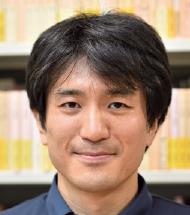
Hironobu SHINDO
Associate Professor (Theory of Lifelong Learning)
The focus of my research work is on supporting lifelong learning activities in terms of culture. “Culture” here includes arts, crafts, traditions in local community, consumer culture, popular culture, mass media, etc. In particular, I am interested in the history and the present of cultural institutions such as public halls, theatres and museums especially in Japan and UK. My doctoral thesis is on the history of public halls in Japan. Now I am conducting a comparative research on education and inclusion programmes conducted in these institutions, and on supporting professionals such as educators in museum and community-based NGOs.
Publications
- Lifelong Learning and Public Sphere (co-written, Kashiwa Shobo, 2003)
- Studies on Lifelong Learning and Cultural Activity (co-written, Gakubunsha, 2007)
- Handbook on Social Education and Lifelong Learning (8th ed, co-written, Eidell Institute, 2011)
- Encyclopedia of Social Education and Lifelong Learning (co-written, Asakura Shobo, 2012)
- History on Stage: Public Hall and People in Modern Japan (University of Tokyo Press, 2014)
- Adult Education and Cultural Development (Translation Supervisor, Toyokan Publishing, 2016)
- Getting Inspired: Design of Engagement in Museum (co-editor, Air Publishing, 2016)
- Shaping Culture in Community : History of People’s College in Japan (editorial board, Fujiwara Shoten, 2016)
- Cultural Policy Studies (3 volumes, co-author, University of Tokyo Press, 2018)
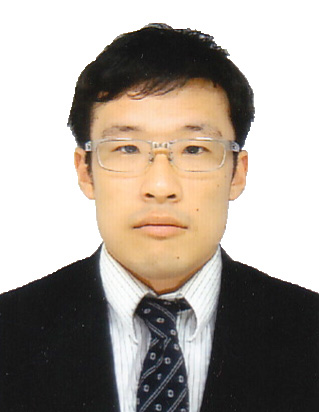
Shuntaro KAWAMURA
Associate Professor (Library and Information Science)
Through media such as books, I am interested in examining, from the perspective of the library as an organization, how knowledge such as academics has been given form since the modern era.
Specifically, I am researching how libraries’ collections have been built historically, what role they have played in learning and education, how libraries have built and functioned as their own organizations while having been influenced by other libraries and society, and finally what sort of networks are formed between libraries.
Publications
- Toshokan Johogaku Kyoiku no Sengoshi — Shiryo ga Kataru Senmonshoku Yosei Seido no Tenkai (“The Postwar History of Library and Information Science Education — the Development of the Professional Training System as told by Materials”) (Minerva Shobo, Contributor, 2015)
- The Tokyo Imperial University Library system (The University of Tokyo Press, 2016)
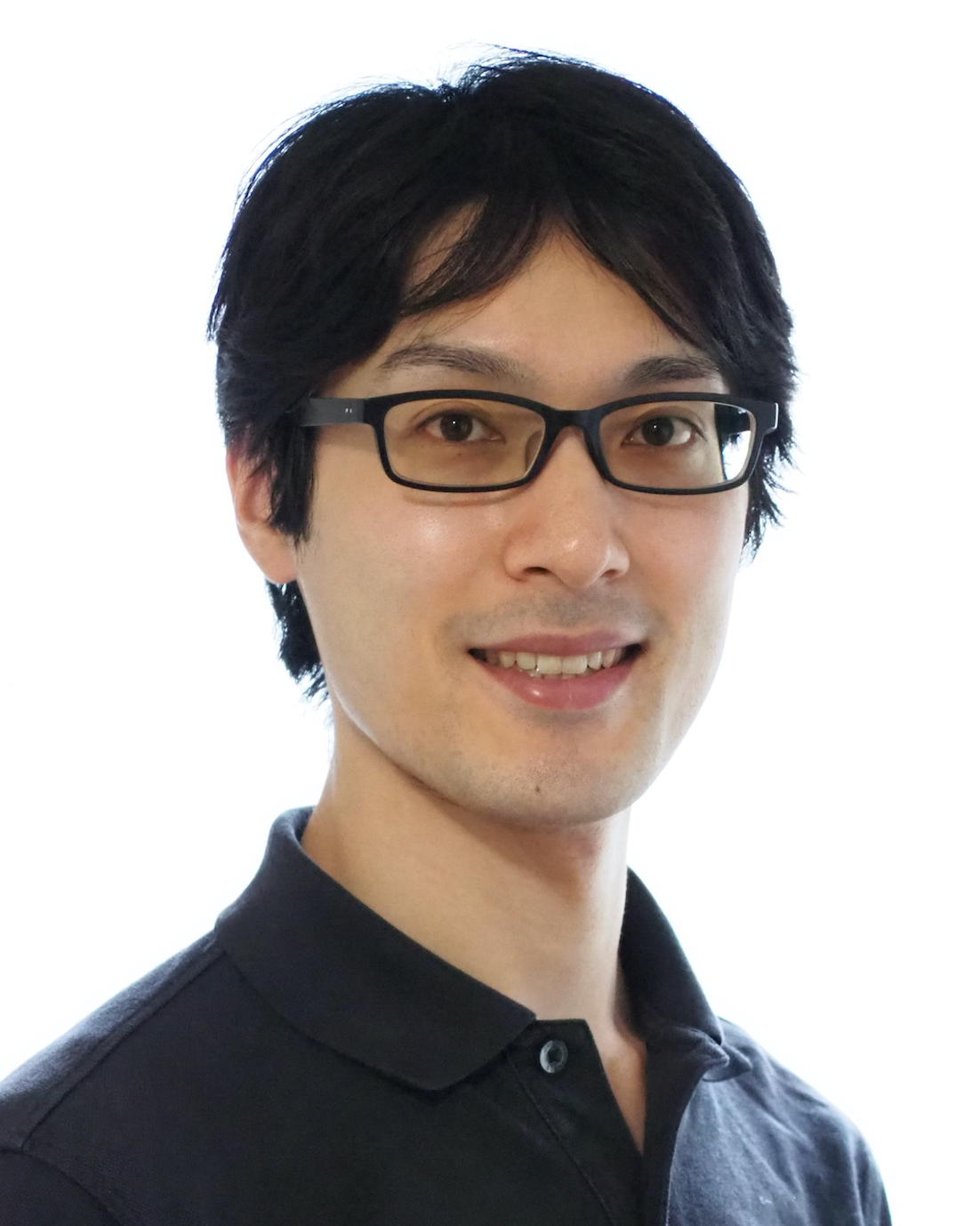
Rei MIYATA
Lecturer (Library and Information Science)
Focusing on books and documents as essential media that enable the social communication of coherent knowledge, I aim to develop a fine-grained process model of their production, organisation, circulation, and provision. The principal research task is to scientifically clarify and share the tacit knowledge regarding document design, authoring, and translation, which is what experts can do but cannot explain. I am also conducting application research on the multilingual production of administrative and industrial documents by making use of natural language processing technologies, such as machine translation.
Publications
- Controlled Document Authoring in a Machine Translation Age(Routledge, 2020)
- Metalanguages for Dissecting Translation Processes (co-edited, Routledge, 2022)
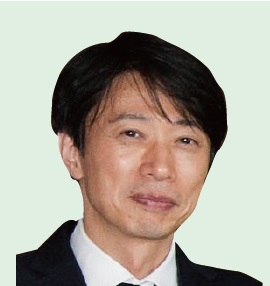
Masaaki KATSUNO
Professor (School Leadership andManagement);
Affiliated with the Division of School Improvement and Policy Studies
My research areas include education policy, school leadership and management, and teacher education. In particular, I have a continuing interest in teacher evaluation policies and practices, and currently value-added approaches to teacher evaluation that are increasingly becoming popular around the world attract my attention. I am also doing research into professional learning networks or communities across as well as within Japan’s high schools.
I am interested in working with students from different backgrounds who are keen to conduct research in a wide range of areas that roughly match mine. Those students who share with me concerns about democracy, social justice, equity, quality and effectiveness in schooling will be particularly welcome.
Publications
- Teacher Evaluation Policies and Practices in Japan : How performativity works in school, New York ;Routledge 2016.
- Katsuno, M. (2012). Teachers’ professional identities in an era of testing accountability in Japan: The case of teachers in lowperforming schools, Education Research International, 2012, Article ID 930279, 8 pages.
- Katsuno, M. (2010). Teacher Evaluation at Japanese Schools: an examination from micro-political or relational viewpoint, Journal of Education Policy, 25(3), pp.293-307.
- Katsuno, M. (2003). The ideas and policies of teacher evaluation, Tokyo: Eidell Kenkyujo, 172p. (in Japanese)
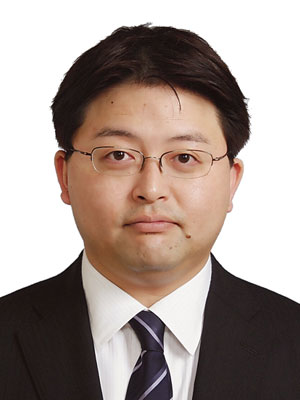
Yusuke MURAKAMI
Professor (Education Politics and Policy);
Affiliated with the Division of School Improvement and Policy Studies
My research interest is educational politics and policy, especially in Japan’s education board system and national/local education policy. Education policymaking requires both democratic control and a high degree of professionalism. However, these elements do not always work in conjunction, and we must balance the two. I have examined the school board system in Japan that aims for the checks-and-balances system and have analyzed how the dynamic between democracy and professionalism causes different policy outcomes.
Recently, I am also interested in comparative education politics and policy. Using data from international comparative surveys, I hope to analyze the impact of politics on education and the impact of education on politics from a view of comparative
politics.
Publications
- Murakami, Y. (2019) National and Local Administration” In Kitamura Y, Omomo T, Katsuno M eds. Education in Japan, Springer.
- Murakami, Y. (2013) Rethinking a Case Study Method in Educational Research: A Comparative Analysis Method in Qualitative Research, Educational Studies in Japan, (7) 81-96
- Murakami, Y. (2011) Political Science of Educational Administration, Tokyo: Bokutaku-sha, 328p. (in Japanese)
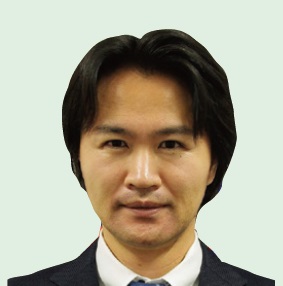
Akihiro HASHINO
Associate Professor (Education Policy and Finance);
Affiliated with the Division of School Improvement and Policy Studies
My research focuses on the political and economic aspects of administration and finance, and policy of education. While there are an infinite number of goals imposed on education by society, there are only a finite number of resources such as budget, personnel, and time to realize them. Because of the finiteness and scarcity of these resources, democraticness and efficiency are inevitably required in the policy process. I am engaged in theoretical and empirical research based on my awareness of the issues of how such democratic decision making and efficient policy implementation can be achieved, and how democraticness and efficiency can be understood and measured in the field of education policy.
I am also strongly interested in “evidence-based policy making”, and considering not only the methods of policy evaluation but also the influence and role of research in policy and political processes.
Publications
- Hashino, A. (2016) Politics and Policy on Education Finance in the Modern Era, Okayama: Daigaku Kyoiku Shuppan, 360p. (in Japanese)
- Murakami, Y. and Hashino, A. (2020) Educational Policy and Administration, Tokyo: Yuhikaku, 270p. (Co-author) (in Japanese)
- Hashino, A. (2021) “The Effects of Long Working Hours on the Physical and Mental Health of Beginning Teachers: Novel Identification Strategies and Endogeneity, Nonlinearity, and Heterogeneity,” in Kawakami, Y. eds., Workplace Adaptation and Professional Development of Teachers: Analysis and Feedback from a Longitudinal Survey of Teachers, Tokyo: The Earth Kyoiku Shinsha. (Contributing author)(in Japanese)
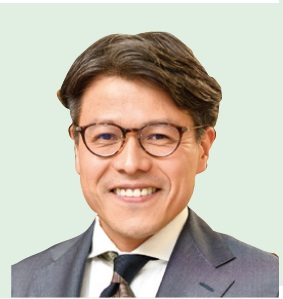
Yuto KITAMURA
Professor (Humanities and Social Sciences Education);
Affiliated with the Division of Curriculum Development
I have been conducting researches on education policy in developing countries, particularly in South and Southeast Asia. In recent years, I have been mainly focusing on Cambodia and currently conducting several research projects, including a student tracer study in basic education, a teacher training study, and a study on the development of higher education. I also conduct researches on the internationalization of higher education in Asian countries. Through these researches, I have been exploring roles of education for creating more democratic society and examining how education needs to be considered as public good.
Publications
- Memory in the Mekong : Regional Identity, Schools, and Politics in Southeast Asia (co-editor,Teachers College Press, 2022)
- Education in Japan : A Comprehensive Analysis of Education Reforms and Practices (co-editor, Springer, 2019)
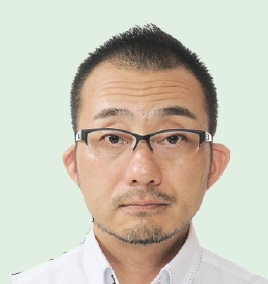
Yasuhiko FUJIE
Professor (Research on Teaching and Curriculum);
Affiliated with the Division of Professional Development of Teachers
My major is to research on teaching and curriculum. I explore the interaction between a participant and its environment in school. With ethnographical research, I study sociocultural and material formation of classroom discourse, teacher learning and development through school-based curriculum development. In recent years, I focus on the schools integrating primary schools and junior high schools. I have been examining how the activities of teachers and children are linked to organizations and school architecture.
Publications
- The Future of Research on Teachers : Methodologies for Research on Teachers in 20 Case Studies.(Tokyo-Tosho)
- Future Qualitative Research Methods : Research on School Education Practices in 15 Case Studies.(Tokyo-Tosho)
- “Creation of Learning in the 21st Century : Development of Learning Science” (Kitaoji-Shobou)
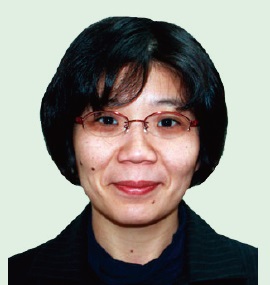
Sachiko ASAI
Professor (Research on Teaching and Curriculum);
Affiliated with the Division of Professional Development of Teachers
I study pedagogical practice through a variety of approaches. (1) I have been studying history of primary school education and early childhood education in modern Japan. Through the examination of teachers’ narrative descriptions, I ask how the relationship between teachers and children in the classroom was structured and how their experiences were made sense of. (2) I participate in in-school training in primary schools and early childhood institutions, learning about pedagogical practice and school reform, and explore the theories that might support them. (3) In recent years, I have been working on studying the Reggio inspired early childhood education, with a focus on pedagogical documentation.
Publications
- Teachers’ Narrative Descriptions and New Education(University of Tokyo Press).